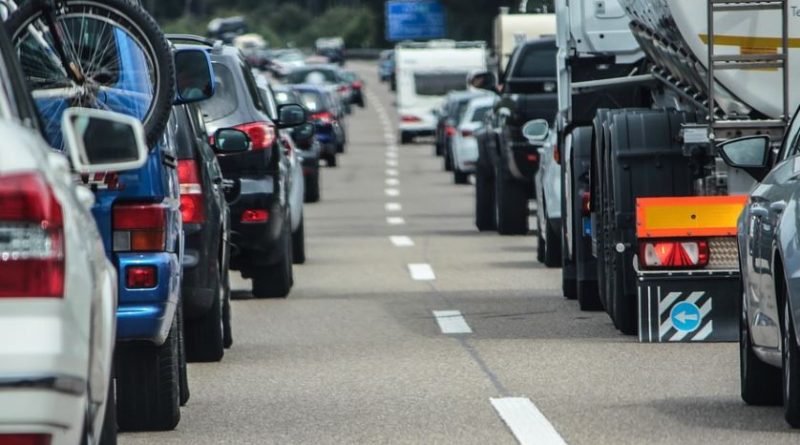Commuting problems see employees lose over 5 days a year
The CBI and KPMG have teamed up to highlight the cost of Britain’s creaking transport infrastructure to UK businesses and commuters.
According to a survey of 2,000 employees, an average of 2.7 hours a week were lost on average thanks to travel disruption or delays. That equates to 125 hours or circa five days in the course of the working year.
An 18-month ‘Future of Commuting’ campaign from CBI and KPMG will highlight the need to improve transport infrastructure and to make commuting greener, more affordable and more reliable across the nation.
While the press statement doesn’t spell out the role of cycle infrastructure, the emphasis on ‘cheaper and greener’ commuting and ‘better use of existing capacity’ at least indicates some focus from the influential duo on helping commuters beyond what has been a bog standard (and self defeating) call over the years to ‘build more roads’.
“As we head into a new year, and a new decade, commuters will be anxious to see what the new Government’s spending commitments will mean for them,” said Matthew Fell, CBI Chief UK Policy Director. “Encountering delay and disruption far too often, employees up and down the UK want a cheaper, greener and more reliable commute.
“This will only be achieved by business and the Government working together to invest and deliver the right infrastructure, and make better use of existing capacity on our networks – from a plan for a more accountable rail system to expanding smart ticketing and promoting flexible working.”
Ed Thomas, Head of Transport at KPMG UK, added: “The election saw a broad consensus between the parties around the importance of transport infrastructure and green investment.*
“However, a number of these issues have been talked about for years and commuters now want to see this talk translate into action.
“Whether it be developing new models for funding and delivering transport infrastructure in the North and Midlands, simplifying our system of rail fares or determining how government and business can work together to meet the challenges posed by net-zero, transforming the experience of commuters is an area where the UK needs to build some real momentum.”
London’s efforts to gradually introduce better cycle infrastructure have gained the most publicity, however cities like Sheffield and Manchester are making considerable pledges to better the conditions for cycling. It’s fair to say, that in national terms, these positive moves are in the minority.
*CI.N Note: Transport infrastructure and green investment may have been name checked during the election, but spending plans from the new government appear to have cut active travel funding significantly.



